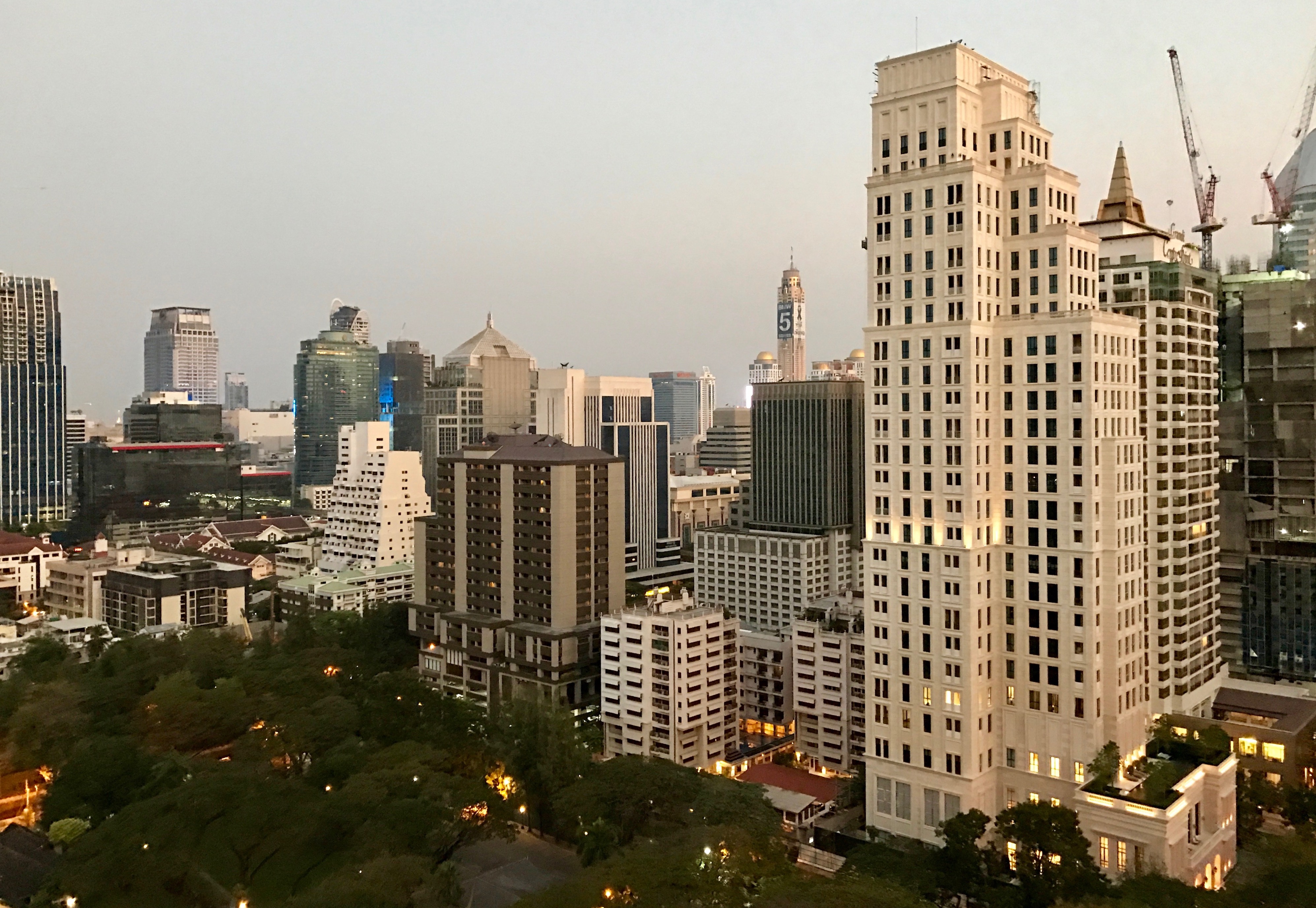On Christmas eve she plays songs from years prior, from just the year prior. They are familiar, favorites picked carefully for the moments they bring back. The first song takes me a moment to place, the reason I was so enamored taking longer to return than the lyrics, which are instantly on my tongue.
It’s a song I listened to on repeat while wandering miles alone at night in Taichung, trying to get some exercise and to see the city after long factory days and dinners with colleagues. It represents a freedom, a sense of possibility in the world. I walked to night markets and through alleys, stopped at FamilyMart for coffee, and listened to music. On work trips of more than a single day the routine of the job becomes a home in itself. Days in Taichung started with a 7 am swim, before most others were awake, usually with the pool entirely to myself. Then a shower and early morning coffee from across the street while checking email and texting with the family. And then gathering with the team for the taxi to the factory across town. Factory days are both long and slow, full of stress and meetings that are hard to do remote. We learn from watching and discussing with the operators, from revising methods and attempting changes on samples ourselves. We learn simply from the hours spent, a benefit that’s been rarely discussed the past year. Simply by being together, by working on a project at the same time as a group, we the customer and them the project team, gain from the days together. Future emails, calls, and sample photos will be clearer for these hours, and our goals will be more similar. In the end that’s what we pay for with the days on site, for aligning two groups of people. Three, in my case, the engineers from headquarters in San Francisco, the Taiwanese factory engineers, and myself, supply chain in from Hong Kong, benefitting from time with both sides.
In the evening we’d eat together, at least some combination of groups. And after that, around nine, I’d walk them back to the hotel and then head in a new direction, walking without goal but with intention until eleven. And I’d listen to that song. Last year.
The mix she’s playing we put together in Hanoi, in a boutique hotel for a week of escape just after New Year’s. It was a week of peace after the intense fall burn of new jobs. We read and laughed and walked and walked. Mostly we were so happy to be adventuring again in Asia, in a year that had so much promise.
Sitting on the floor in the sunroom writing this, now with Lizzo playing, I remember the joy of that trip, and the joy of the year it wrapped. In twenty nineteen we’d survived two startup crashes and gotten our own visas to a foreign country for the first time. We’d gotten new jobs while abroad, made good friends, and played a ton of disc. A week later we would head to LA for a tournament with our old friends.
A year later we are making a mix again. It’s been such a different year than we expected. We again got new jobs, the startups of twenty nineteen failing to keep us employed for even a year. We traveled so much, that trip to LA, India, Taiwan, and another swing for me through the US to LA, SF, and NYC before the flights stopped.
It’s been a year. And I still like these songs.
